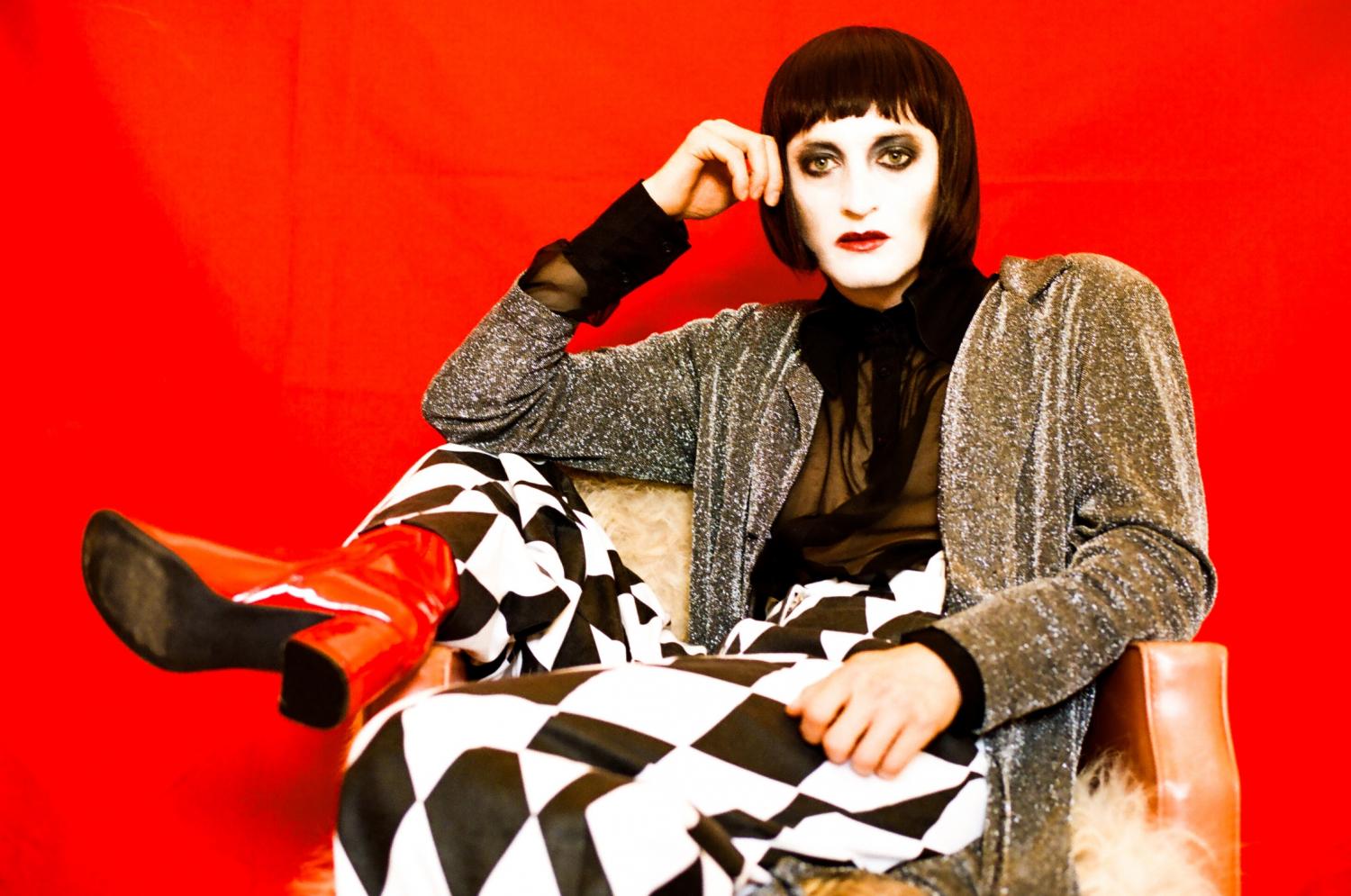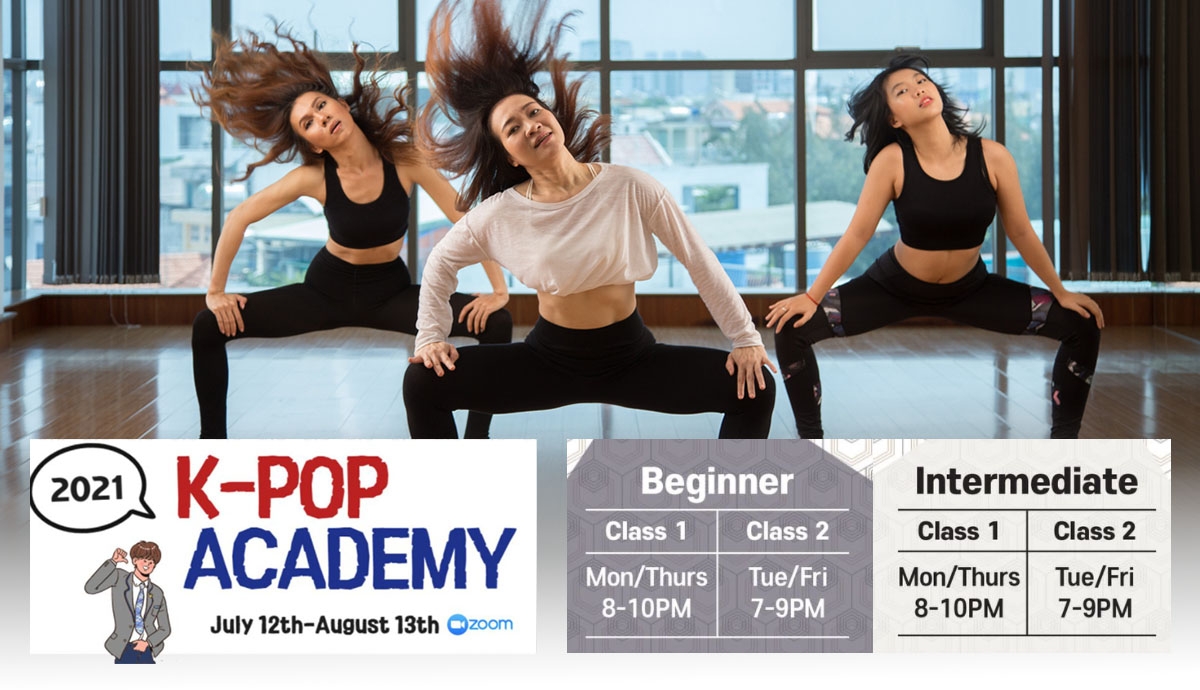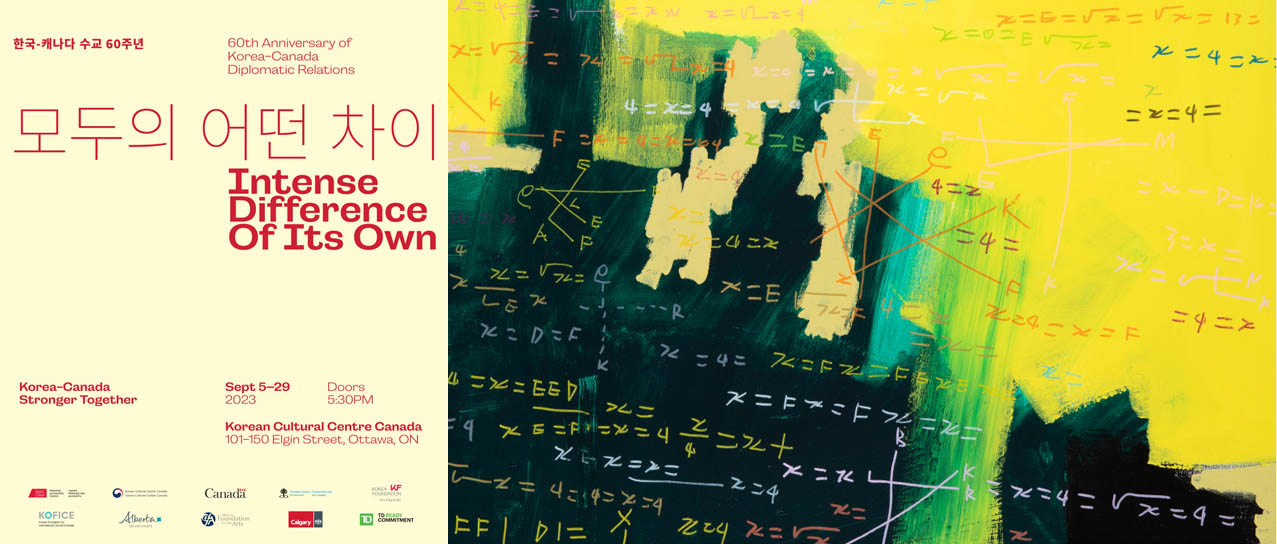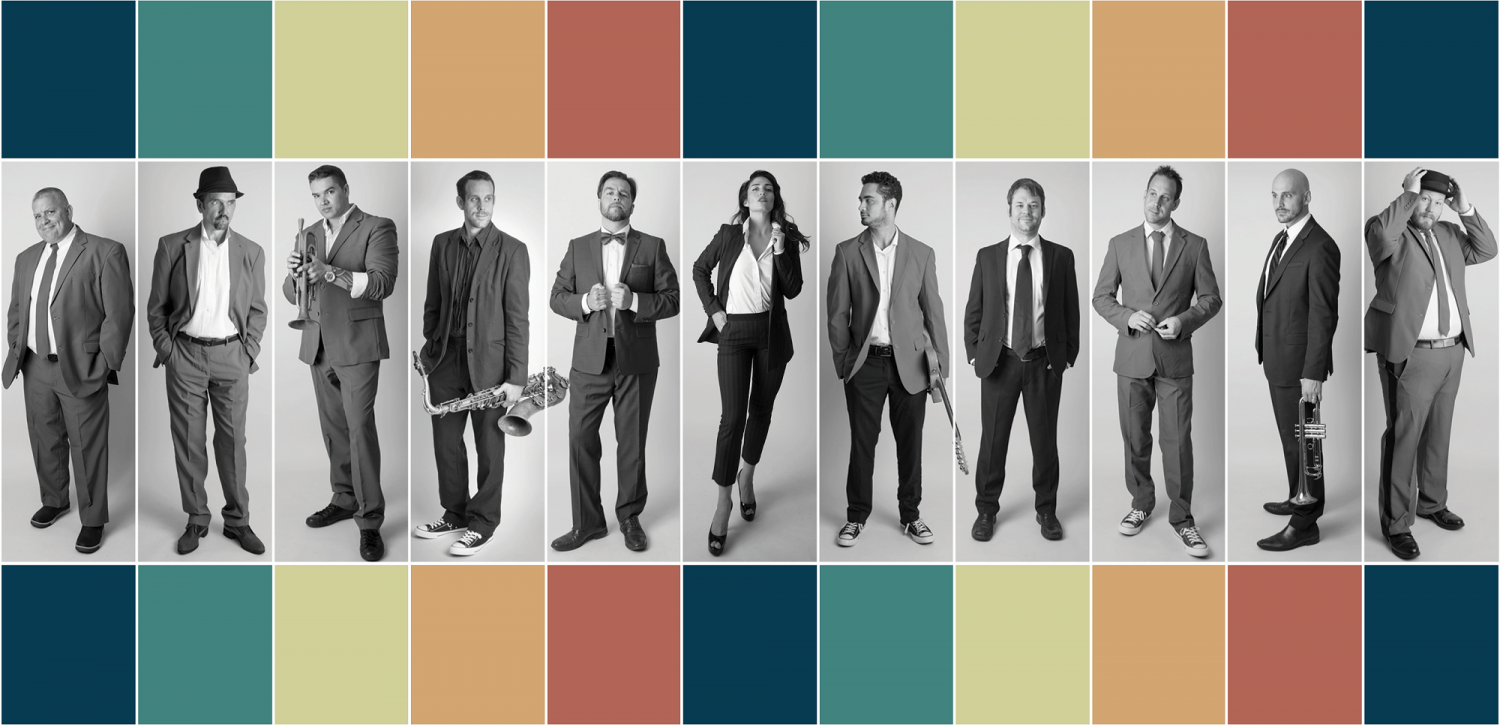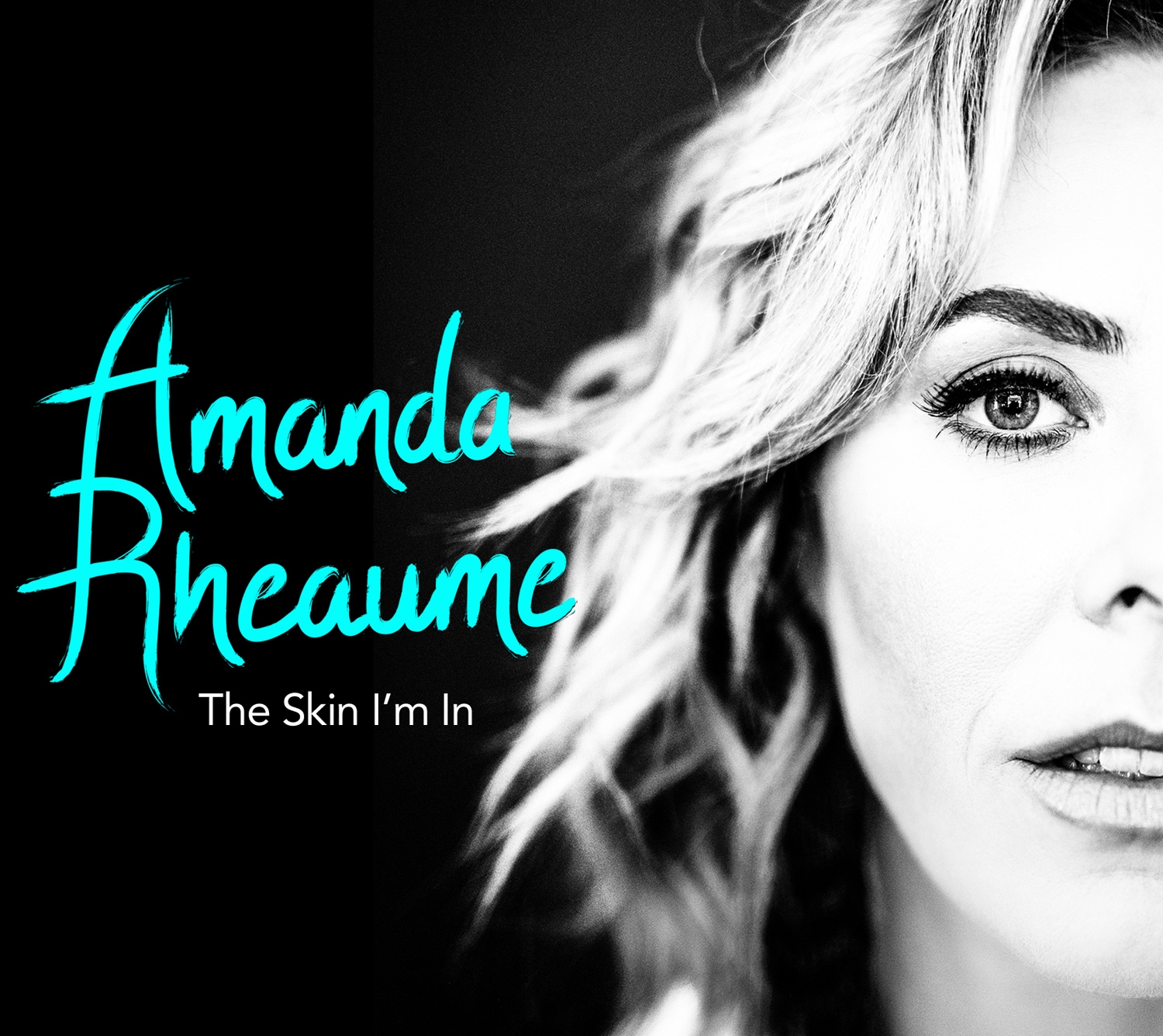
Amanda Rheaume Uses Music To Help Others
Amanda Rheaume has been crafting music for some time but it wasn't until recently that she felt comfortable with herself. With her hard work starting to pay off, Rheaume wanted to reflect on this time with the album The Skin I'm In. Rheaume also spent time with Darkspark, using music to give kids a voice to voice their frustrations. We caught up with Rheaume ahead of her February 16 show at the National Arts Centre to talk about making music, being honest with yourself and harnessing vulnerability.
Ottawa Life: How did you end up working with Colin Cripps on The Skin I'm In and what did they bring to the record as a producer?
Amanda Rheaume: Well I met Colin years ago when I played with the Cooper Brothers, I met him through them initially. Over the years you run into people again and I thought about working with him on my last record but worked with Jim (Bryson). When it came for this record I thought, "Why don't I see if Colin's interested?" I went with my bass player to have a meeting and it just went from there. It was a very easy and natural thing, and he liked the tunes. As far as what he brought, he's a great musician and he's produced many artists. He has this great ear for tones on all fronts, and he's great at seeing the big picture of both a song and all the songs for a record. He's incredible at bringing things together in that way.
On another collaborative note, what was the creative energy between you and Jason Blaine when writing "The Skin I'm In" and what initially inspired that track?
That was actually the last song written for the record, and I thought the record was going to come out even earlier. I ended up back in Nashville so I could keep writing, and L.A. too for some songs that never made it on the record. I'd never met Jason before properly, so it was this kind of blind write, or date I guess. In Nashville you'll end up doing writes two or three times a day, so I had done a write, and he was coming from a write. We were so tired when we sat down that I thought we might not even write that day. Then we started talking and learning about each other, and I threw out this song. I'd had this title and idea for a while too.
I told Jason about my journey with my own identity, be it in the LGBTQ2S+ community, as a woman and as a Métis woman. I realized it had taken me longer than I thought to actually feel comfortable with who I was and with all these communities I'm a part of. Recently I had this realization, that I actually felt pretty good. I'd spent time in my life fighting anxiety and depression, so it was this slow realization that all the work to grow and heal is paying off. We just sat there and he came up with these great ideas on the guitar. It was done in two hours and we had a song.
Furthermore how did Melanie Brulée and Jim Bryson get involved on the record?
Jim had produced my last record, so I had spent a lot of time working with him. And through doing that record I feel like we became good friends, and all that time working forms a bond. This time, I went over and we were talking honestly about how were both feeling with what was going on in our lives. I said "I want to write a song about depression and what that feels like." We started talking about it candidly and then "Companion" was written in his studio. With Melanie, she's been a friend for years, and we've been operating in the same circles for years, playing the same gigs. She'd moved down to Nashville for a bit, so we worked on this song idea of hers, I brought my own idea and we came up with "Friendly Fire."
How did the concept for the video come about and how did you want to mix colour (primarily black & white) with many of the close-ups to help enhance the song?
The director and I sat down with a beer and talked about the song. I told him it was about loving and accepting yourself, living outside of stereotypes or even norms, as well as challenging ideas of what a woman, Indigenous woman, gay woman etc. is supposed to look like. So there were all these questions. Rather than doing a storyline, we thought "Why don't we get all these really amazing people in a room and not guide them. The kid was a young version of me, and we wanted to show the things you don't say to little kids but hurt yourself with all the time. We wanted to focus on the people and their bravery, and some of them hadn't done anything like that before.
While you definitely explore some modern pop tones this time around I was interested to hear the story behind how you crafted the rich second-half of "Return To The Water" as it sounds like you're being taken under in the audio?
That song was one of the first songs written for the album, and it's definitely less pop, it's more of an album track. The watery sounds came out organically in the last bit of the recording. There was this bridge without lyrics or singing, so I just wanted it to be a soundscape. Whether you were sitting with headphones or in a car, you could feel this rumbling underneath. For me personally that sound represents ancestors from your past, and that they're there always. It came out of a synth too.
How did you get involved with Darkspark and how has your work been teaching through that?
My dear friend Melissa Larkin and D'Ari Lisle started this organisation as one-off educational workshops in Prince Edward County. They were working with a school on a Mohawk reservation. They had been teaching parts of colonial history and asked students to reflect on how they felt about residential school. The kids wrote a song, and they challenged Darkspark to go to four directions of Canada, work with students there and make an album. I'm Métis so it was a good fit for me to work with them on a few projects, and I was brought on as an educator. We would work in a school for a week and heard these really hard stories. It's a great reminder of how important it is to have a voice, and that many of these stories need to be told. It also reminded me of my responsibility as an artist to really say something when I'm in front of people so often. I'm being a guide and offering a vehicle to these students to say what they need to.
What can fans expect from your NAC show on February 16?
I'm bring a five-piece band, and it's going to be the people playing on the record. It's hard to keep a band together too so I feel luck that we can present the music essentially like the record. We played them so much so it'll be fun to do them live together. I'll be telling stories too, and I'm so excited to come back to Ottawa and play the 4th Stage.
Anything else coming this year?
I'm doing a tour for the album in Europe for six weeks, and then I'm lining up dates for the summer.

